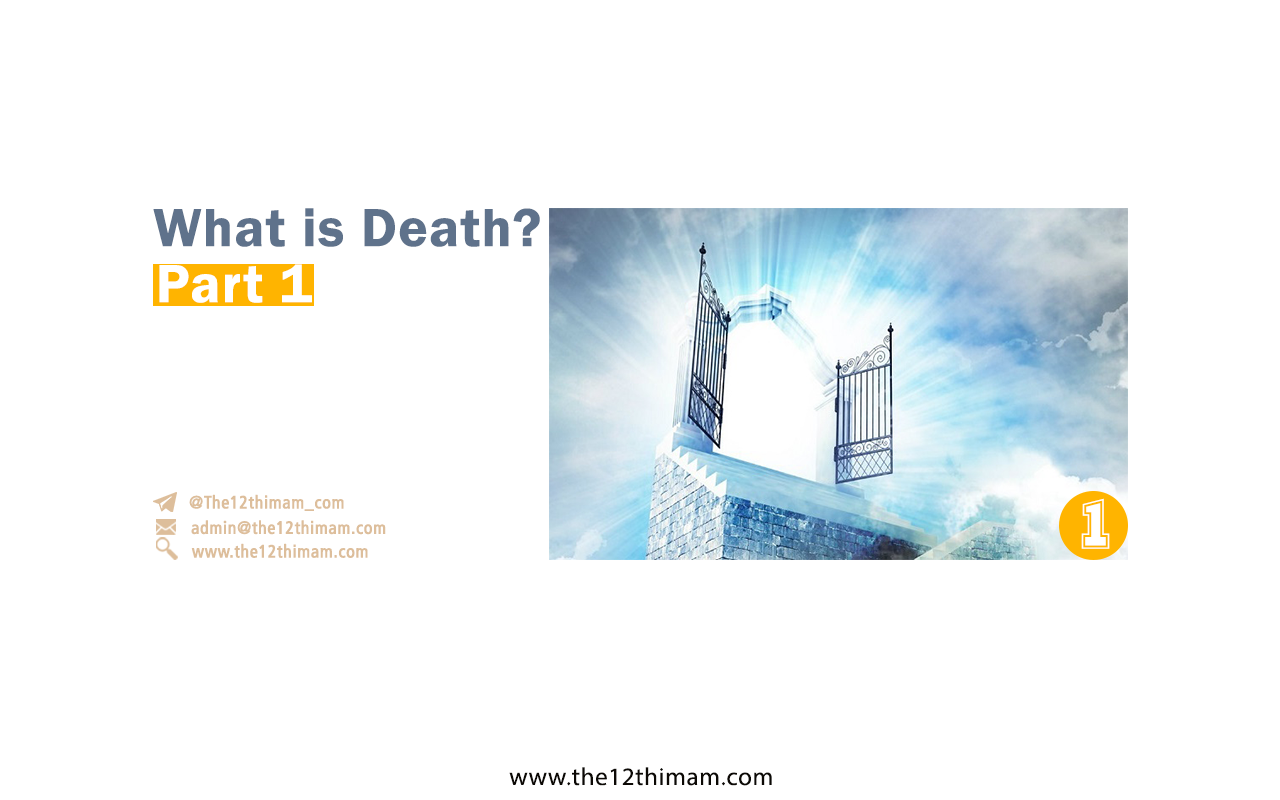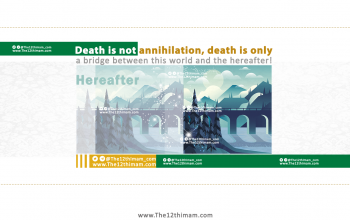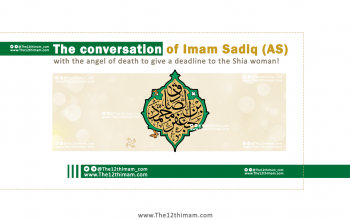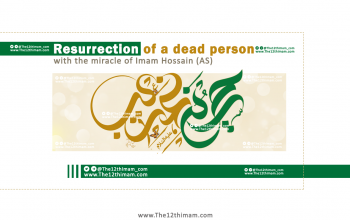Death is the extract of human life. The issue of death in Islam and the teachings of divine prophets does not mean to become dead; rather, it means eliminating death; so there is much difference between the two.
Because the one who holds that he dies and will be obliterated, is either absurd or immoral, and will always be hopeless.
Since in this view, the end of life is destruction, so he should try to enjoy the transient pleasures of the world; for him the lawful and the unlawful, the good and evil, vigilant care and commitment and non-commitment are equal, because he argues that the end of life is destruction.
Islam and the prophets (a) have taught us that man can eliminate death, and submit it to himself.
An important point:
When it comes to the issue of death, the Qur’an tells us: “Every soul shall taste death” (كُلُّ نَفْسٍ ذائِقَةُ الْمَوْت). [1]
Notice that God uses the word “tasting” in the Quran.
If you are thirsty, you drink a glass of water or juice; in this case, did you disappear it or did the juice disappear you? Did you consume a glass of water or did it consume you? Did you digest it, or did it digest you?
The Quran suggests that man tastes death.
Death means change and evolution, and man tastes this change and evolution, causes it to disappear, and achieves consistency.
In fact, the nature and meaning of death is not non-existence or elimination of life, rather it is a transition; that is, by tasting death, the transition occurs from one life (the world) to another (the Hereafter). Indeed, death is the beginning of a new life for man; the same way, the transition of fetus from the mother’s womb to “the outside world” is considered birth and new life for him, the transition from the life in this world to the hereafter is another birth and the beginning of a new life.
End of Part 1
continues ….
References:
1- The Qur’an: Surah al-Anbia’, verse 35.
2 – Abdullah Jawadi Amuli, “Ma’ad dar Qur’an” (Resurrection in the Qur’an), vol. 4, p. 181, and “Ten Articles on the origin and resurrection”, p. 299; Morteza Motahhari, “The Collection of Works”, vol. 2, p. 505, and vol. 4, p. 625; Muhammad Husayn Tabataba’i, “Al-Mizan”, vol. 16, p. 252, a commentary on verse 11 of Surah Al-Sajdah, and “Shi’a dar Islam” (Shi’a in Islam); Ja’far Sobhani, “Isalat-e Ruh az nazar-e Qur’an” (Principality of the Spirit in the Qur’an’s view), p. 47, and “Rah-e Khodashenasi wa Shenakht-e Sefaat-e Uw” (Method of Theology and Knowing the Attributes of God), p. 514.



